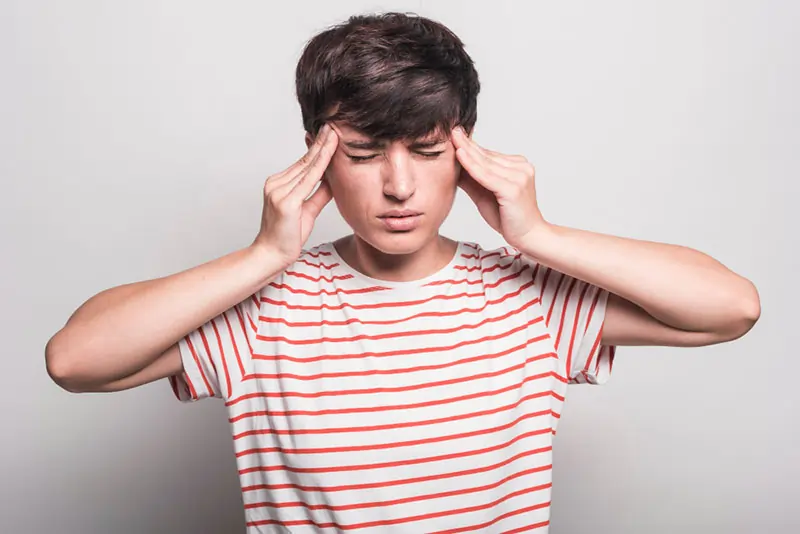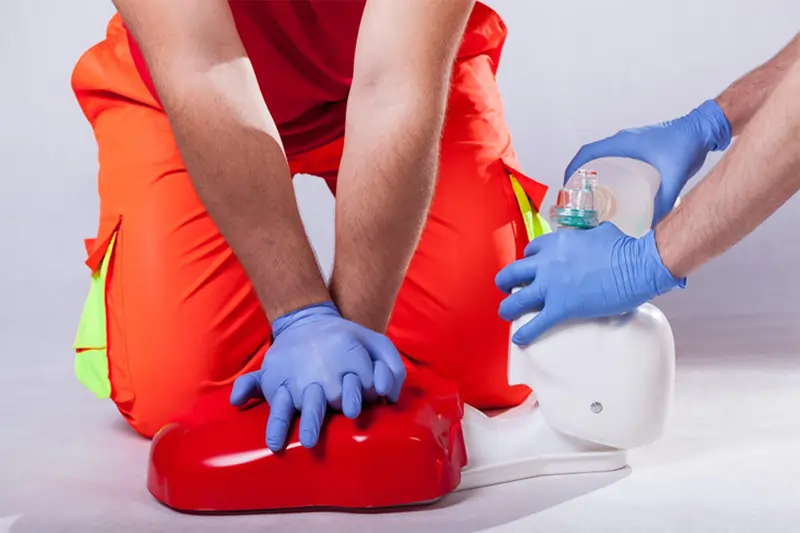Concussions In Children: A Parent’s Guide

Whenever your child gets hurt, you are bound to worry. Concussions occur when there has been a blow or jolt to the head and should be taken seriously. Concussions commonly occur through a sports-related injury, fall or accident.
Whilst they are serious incidents for an adult, concussions in children should be treated with urgency. Younger children find it difficult to communicate how they feel so symptoms may get overlooked and be left untreated.
Caring for a child with a concussion can be time-consuming and emotionally challenging. Remember to lean on your support network. If you believe your child was injured as a result of a failing from someone else, you may be entitled to legal support.
Recognising the signs of concussions
There are many signs that could indicate a concussion. If you see your child exhibiting any of them after a head injury, be sure to seek medical advice.
Symptoms can include:
- A headache that won’t go away
- Vomiting
- Unusual amount of crying
- Lack of interest in favourite toys
- Unsteady on their feet
- Vision issues
- Sensitivity to noise or light
Seeking medical attention
An untreated concussion can lead to complications such as blood clots in the brain, long-term memory issues and bruising to the brain.
Symptoms for a concussion usually start within 24 hours of the incident, but they can be delayed for up to 3 weeks after. If your child exhibits any of the more serious symptoms, such as vomiting, being unconscious, a stubborn headache or a significant behaviour change, take them to A&E as soon as possible.
In the event of seizures, difficulty waking someone from being unconscious, a fall from a height of over 1 metre or clear fluid coming from your child’s eyes or nose, call 999 immediately. Be sure to give them as much detail as possible so they can assign emergency help appropriately.
Managing recovery at home
Once your child has been deemed safe to recover at home, you will likely be advised to let them rest as much as possible. This is often easier said than done with little ones, so TV rules and other restrictions may have to go out of the window temporarily.
A crucial part of rest is sleep. As best as you can, stick to your child’s sleep schedule. In the first few days, check on them regularly to make sure they are OK.
Avoiding high-risk activities such as bike riding, rough play and any sports will also help to prevent any further damage to their head from occurring accidentally.
Returning to school
If your child is of school age, you will need to liaise with the school about gradually returning. Concussions can make a child feel all out of sorts for a while, so pushing them back to school may be counterintuitive.
Teachers will be a great support for you and your child when they do return to school, so it is important to keep the lines of communication open between you. Work with teachers to form a plan, whether it is a couple of hours a day to start, or two mornings a week until they build up their strength again.

